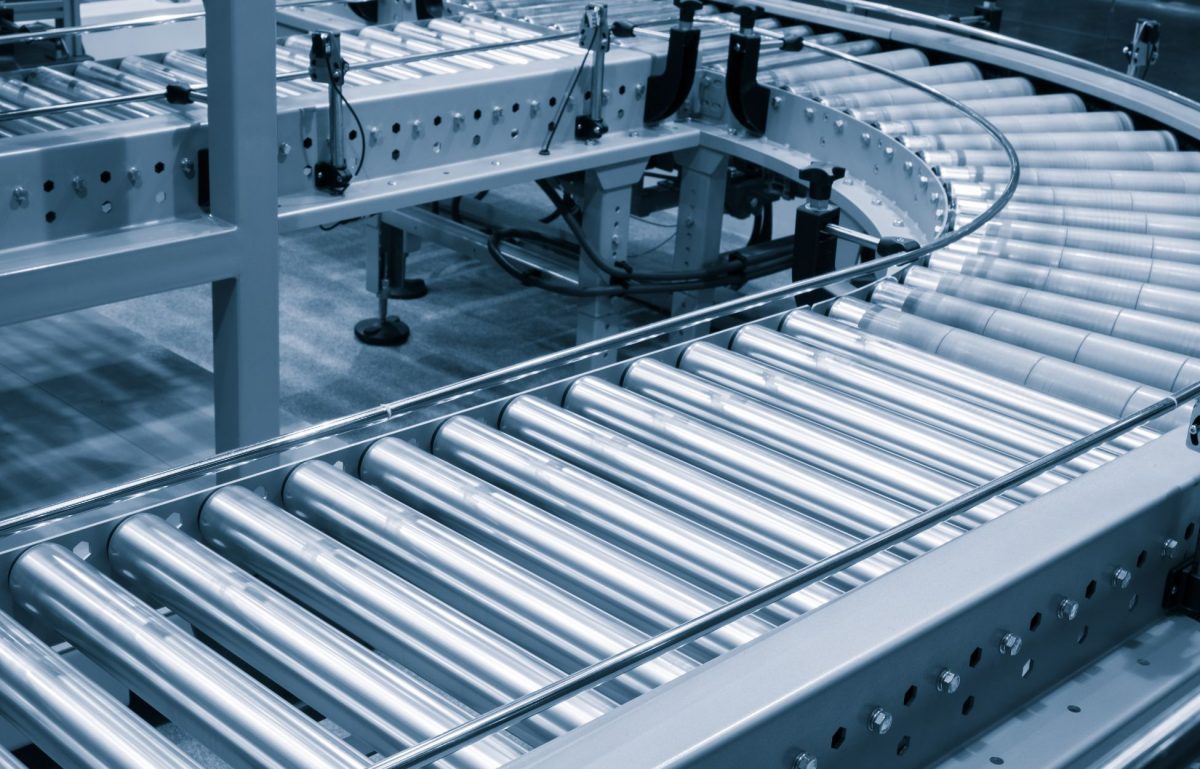Every industry has its humble beginnings, including manufacturing. However, smart inventions improved the trade. Keep reading to discover the best inventions that modernized manufacturing.
The Telephone
When you picture a manufacturing company, a large room with machines may come to mind. However, a small invention advanced the manufacturing industry, the telephone. Alexander Graham Bell invented the telephone. The device converted sound into an electrical signal via a transmitter.
By now, we’re all familiar with telephones and how they work. You can communicate with people near and far away via phone. For businesses, the invention allowed companies to take orders by phone. This increased profits, efficiency, and productivity.
Although online orders with computers are the modern upgrade to phone calls, we can thank telephones for a helpful advancement.
Moving Assembly Line
Assembly lines are essential parts of all manufacturing facilities. They speed up tasks, which helps productivity. Before moving assembly lines, production was different. In 1908, Henry Ford introduced the Model T vehicle. His company produced 11 cars per month and couldn’t keep up with demand.
Fortunately, everything changed when he created an assembly line with conveyor belts to increase efficiency. When you review the history of the conveyor belt, you’ll see the invention simplified production and reduced human labor.
So, not only is it a useful invention for car manufacturers, but it’s also beneficial for all industries. Workers complete orders faster than ever thanks to conveyor belts.
Electric Light Bulb
The electric light bulb is an invention that modernized manufacturing because it extended workdays. The light bulb itself was a life-changing invention by Thomas Edison. The original bulb was a carbonized cotton thread filament that illuminated homes. Edison’s company perfected the invention, and it became a staple of homes and factories. Manufacturers began to work longer days (and sometimes nights). This increased production in all companies.
What About Modern Innovations?
Although many inventions were 18th-century developments, modern innovations helped too. For starters, industrial automation and artificial intelligence enhanced technology. Computers reduce human error and let manufacturers produce accurate orders. Furthermore, advanced equipment like programmable logical controllers (PLC) transfer data into machines.
The Future of Manufacturing
Some of the best things to look forward to are new inventions and innovations. Right now, the future of manufacturing leans toward immersive technology. Augmented reality (AR) and virtual reality (VR) technologies let humans do virtual training and other job functions. You can also expect data and analytic advancements through different software programs.













